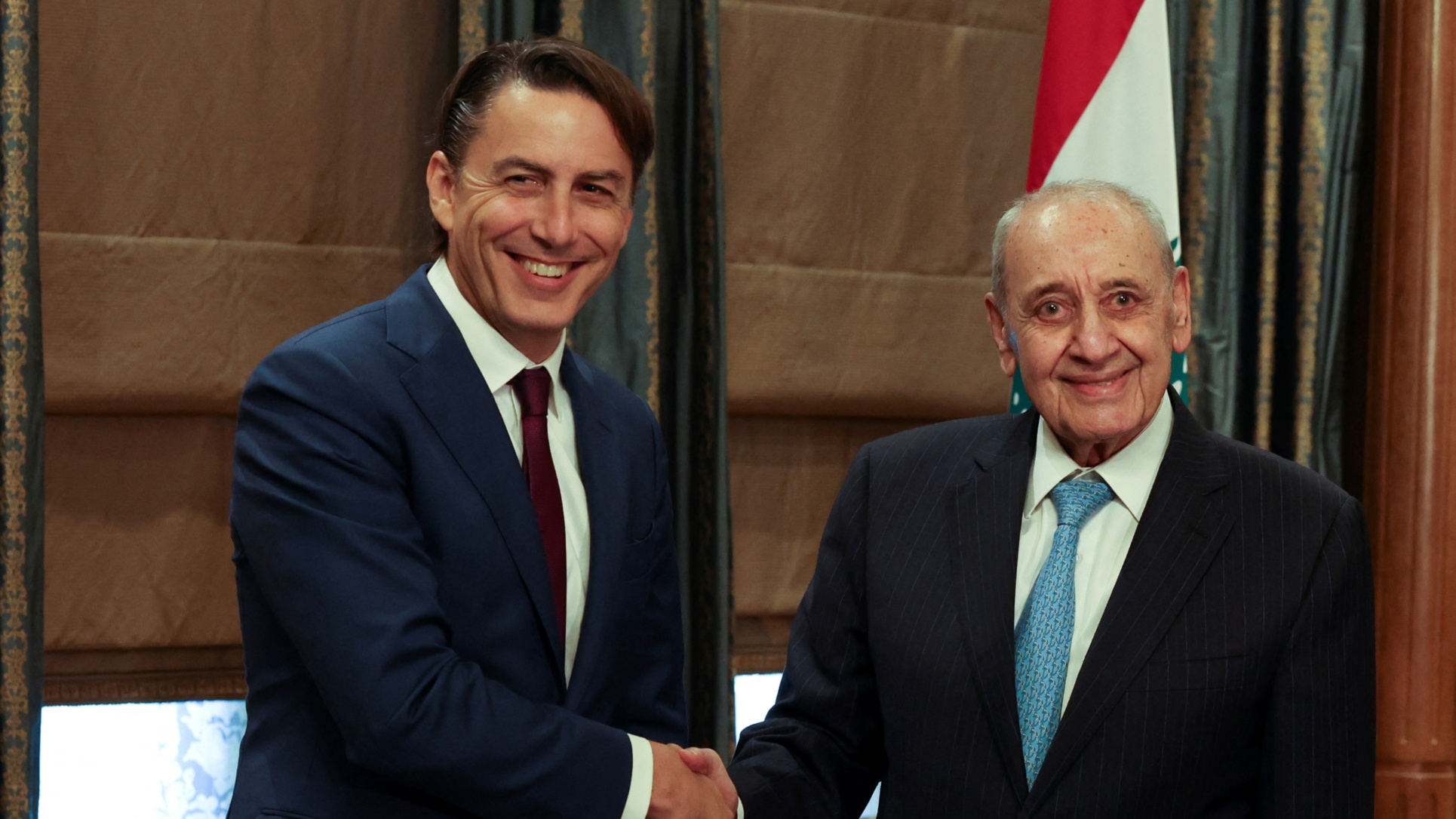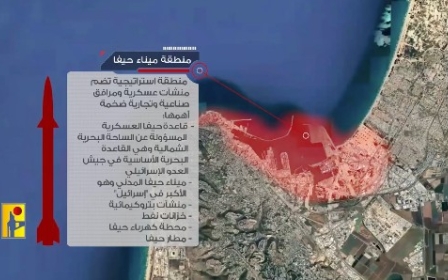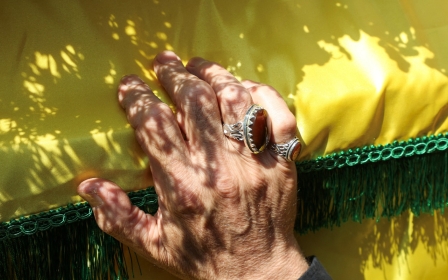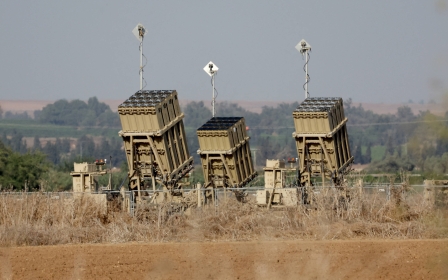Amos Hochstein emerges as leading figure in US mediation between Lebanon and Israel

Amos Hochstein, known in Lebanon for his mediation role in the country’s maritime border deal with Israel, has become a central figure in US attempts to contain clashes between Hezbollah and Israeli forces.
The US presidential envoy just completed another trip to the two countries, carrying with him a stronger message to Hezbollah than usual.
Middle East Eye reported that Hochstein delivered “blunt” warnings to Lebanese officials that Israel is planning to launch a limited offensive on Hezbollah, and that it would have the support of the United States.
It was a surprisingly threatening message from the US envoy, reportedly prompting Hezbollah to release video footage taken from a drone identifying military and civilian targets in Haifa.
Hochstein is unusual as an interlocutor in Lebanon as he was born in Israel, which since 1948 has been an enemy state.
New MEE newsletter: Jerusalem Dispatch
Sign up to get the latest insights and analysis on Israel-Palestine, alongside Turkey Unpacked and other MEE newsletters
Israel invaded Lebanon in 1978 and again in 1982, occupying the south until a Hezbollah-led insurgency prompted the Israeli military to withdraw in 2000. Israel invaded again in 2006, fighting a month-long war with the Iran-backed armed movement.
Born in Israel in 1973 to American Jewish immigrants, Hochstein served in the Israeli military as a tank crewman until the mid-1990s, according to Israeli media.
He currently serves as the White House senior advisor to the president for energy and investment and as deputy assistant to US President Joe Biden.
Questions were raised around potential conflicts of interest back in 2021 when he was mediating a maritime border deal, but Lebanese officials dismissed the concerns.
Foreign Minister Abdallah Bou Habib said at the time that Hochstein was “an American envoy responsible to his administration, and not in his Israeli capacity”. The Lebanese foreign ministry did not reply to MEE’s request for comment on the matter.
In a response to Lebanese outlet L'Orient Today, the US State Department spokesperson said Hochstein “is not a dual national” but declined to specify whether he previously held Israeli citizenship.

Dual nationals of the US and another country often renounce their non-US citizenship to take up sensitive positions in the government.
It is normally illegal for an Israeli, or a non-Israeli who has entered Israel, to visit Lebanon. Lebanese nationals are also forbidden from having any contact with Israelis.
Even Hezbollah at the time did not comment on the mediator’s nationality or military past, with leader Hassan Nasrallah saying they will “not express an opinion or position related to the demarcation of borders”.
“The Lebanese government is dealing with him as an American mediator,” Ghassan Jawad, a prominent Lebanese columnist, told Middle East Eye.
Jawad added that while “the cooperation between the US and Israel is well known”, and that some Lebanese might be strongly opposed to Hochstein’s involvement, the issue has not derailed negotiations.
“What matters is what the mediation [entails], and what the American role in this is, in my opinion,” he added.
Not much is known of Hezbollah’s view of Hochstein, though the latter often meets with Nabih Berri, Lebanon’s speaker of parliament and Hezbollah’s closest ally, to send messages to the Lebanese armed group.
Hezbollah, which won the most votes of any party in Lebanon in the last elections, is designated as a terror group by Washington.
Middle East Eye delivers independent and unrivalled coverage and analysis of the Middle East, North Africa and beyond. To learn more about republishing this content and the associated fees, please fill out this form. More about MEE can be found here.




